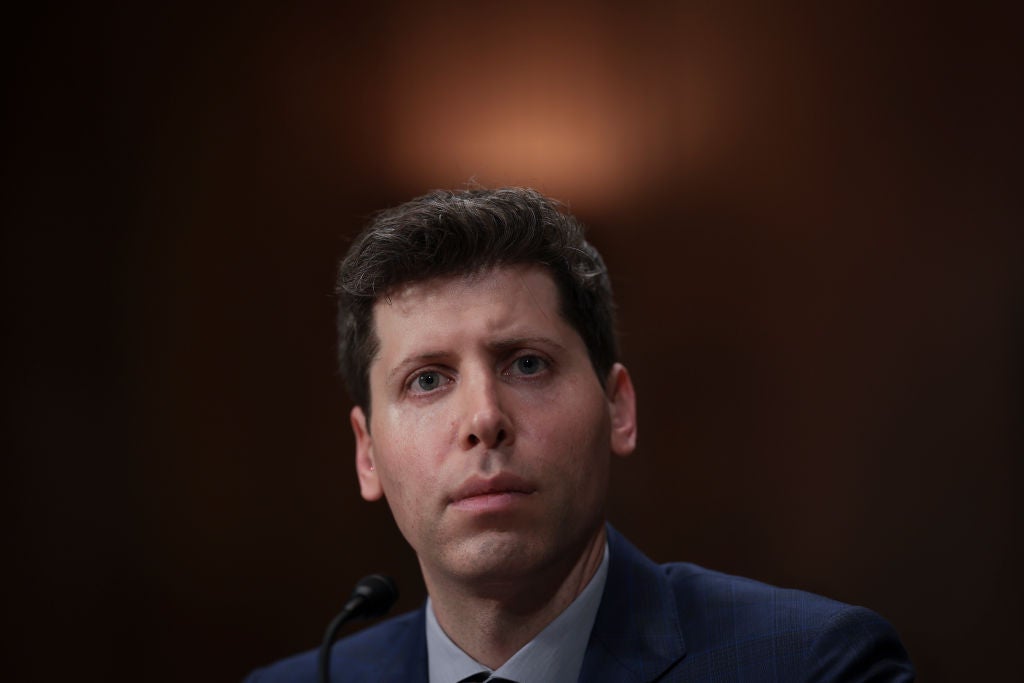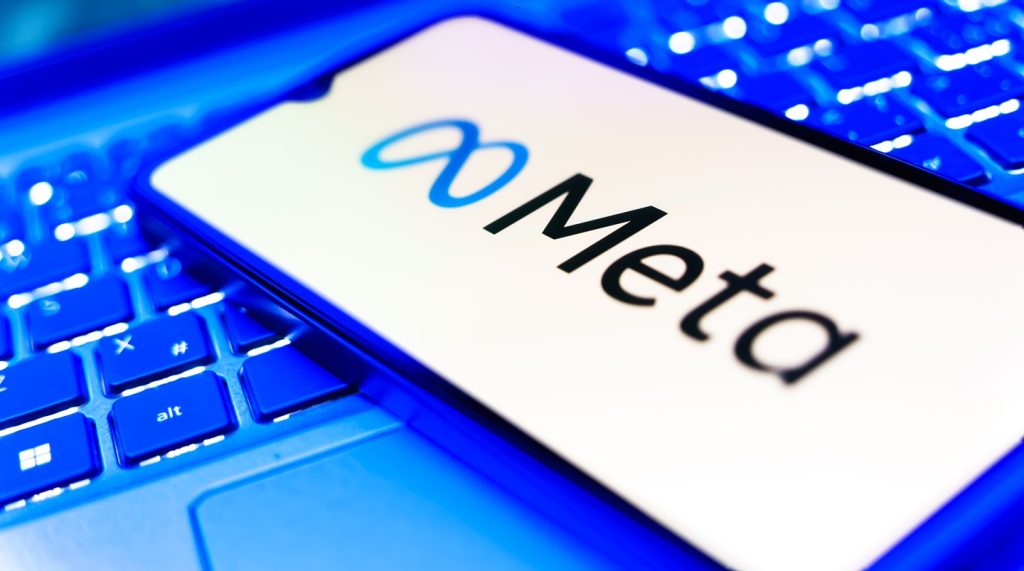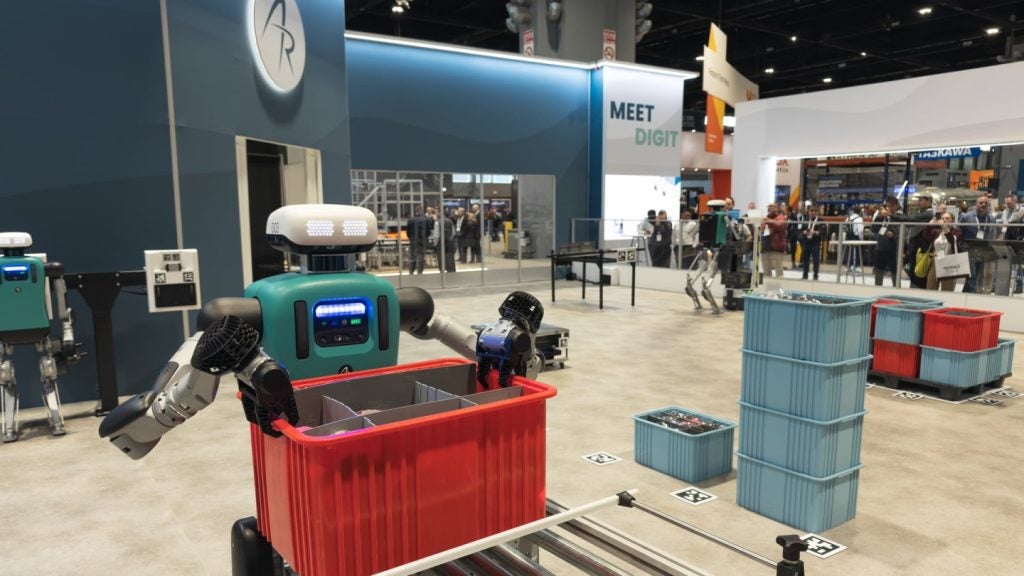
ChatGPT maker, OpenAI, may be forced to leave the EU if it was not able to comply with impending artificial intelligence (AI) regulations, according to CEO, Sam Altman.
The increasing popularity of AI powered tools, arguably accelerated by the release of OpenAI’s, ChatGPT, in November, 2022, has prompted the EU to work on a set of guidelines to govern the new tech.
EU AI regulation will be the first global set of rules governing AI.
Speaking at a London event on Wednesday, Altman said his company will attempt to comply with the EU’s regulation before it is forced to leave.
The full set of AI rules has not yet been finalised – but it is understood that companies like ChatGPT will have to disclose any copyrighted material used to train their systems. This is an attempt to address concerns around content plagiarism in generative AI tools.
The EU is reportedly in the last stages of finalising the new bill. Members of Parliament, the Commission, and the Council will be meeting to debate the AI Act before enforcing it.
In an interview with Reuters, Altman claimed the EU AI Act in its current draft “would be over-regulating” but said, “we have heard it’s going to get pulled back”.
“There’s so much they could do like changing the definition of general-purpose AI systems,” Altman added.
Altman’s comments come just weeks after the CEO was praised by US lawmakers for speaking openly about the ethical challenges posed by AI technology.
Altman told the US Senate Committee that he thinks new AI companies should be licensed under a newly formed agency.
The EU AI Act, which has been in the works for over two years, will cover systems and products that use any type of AI, with restrictions on rules on those that can generate content, recommendations and predictions.
Members of the EU have proposed classifying AI tools on levels of risk – ranging from low risk to unacceptable.
GlobalData is the parent company of Verdict and its sister publications.







